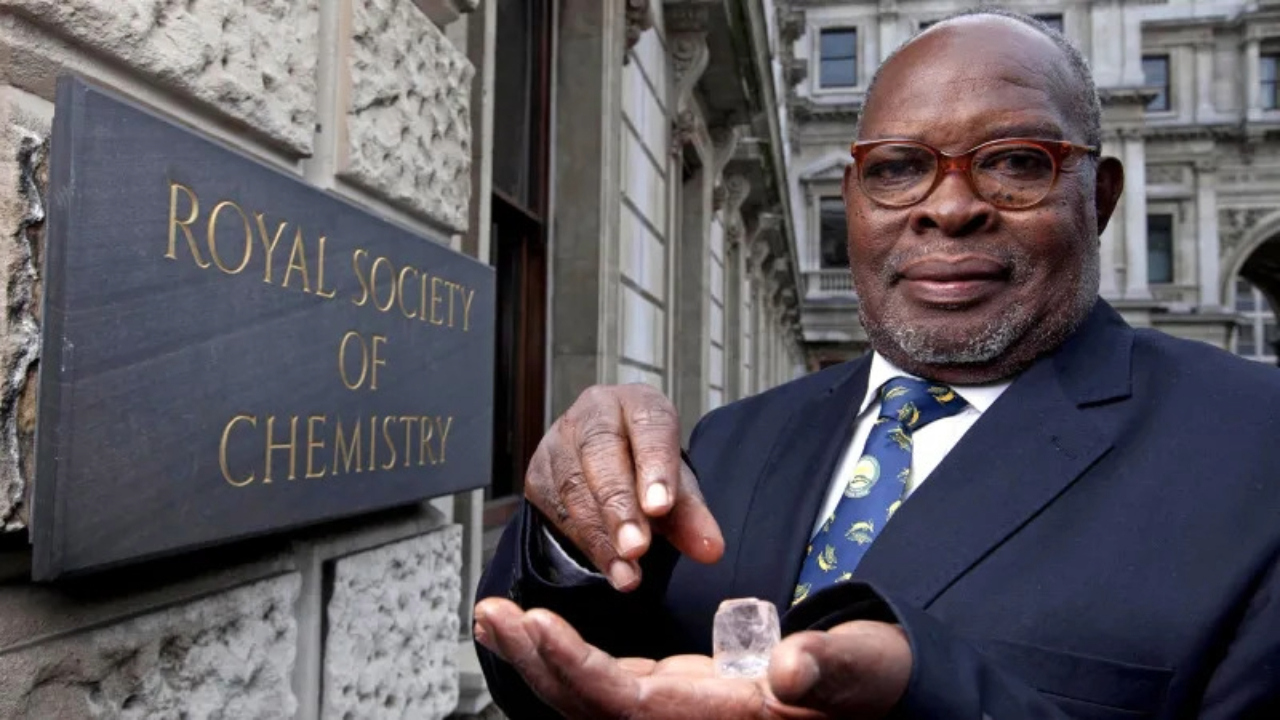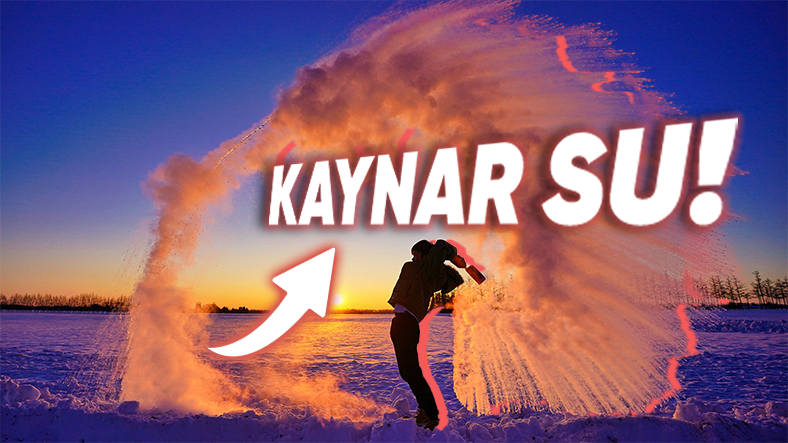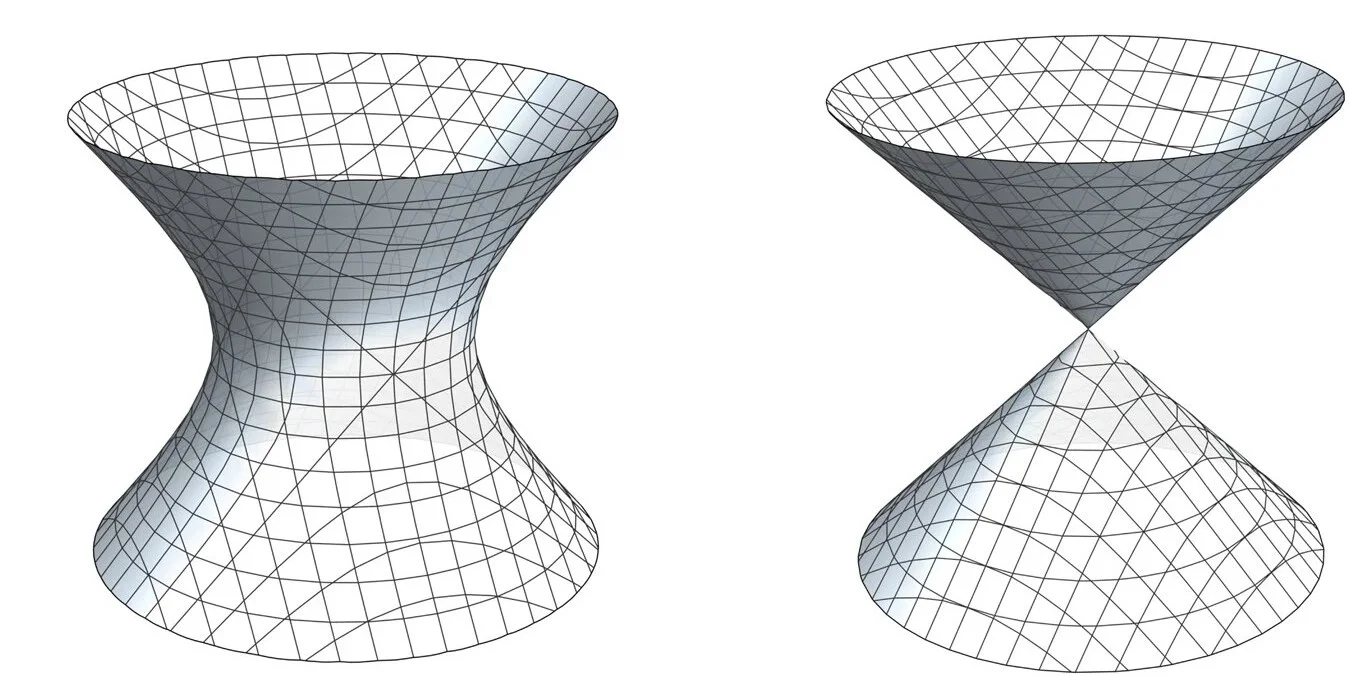Regardless of the temperature of the water before it starts to freeze We learned at school that it had to reach freezing point.
Is it possible for warm water to reach freezing point faster than cold water? Actually to this question It is difficult to give a clear answer because we may have to create some situations.
This situation was first observed by Aristotle.
Tasting this event 4th century BC to the time of Aristotle It holds up. Aristotle, who first observed this event, used a special word for this situation: “The fact that the water has been heated before causes it to freeze quickly because it cools faster. That’s why many people, when they want to cool hot water quickly, put it in the sun…”
In the future Francis Bacon and Descartes This situation, which was also noted by , caused physicists to discuss this issue for a long time.
Nowadays this effect even has a name: Mpemba Effect.

Erasto B. Mpemba
In the not too distant past, in 1963; Student named Erasto Mpemba from Tanzania, He noticed that the ice cream he made with warm milk froze faster than the ice cream he made with cold milk.
Today this effect is first published in a scientific article It received this name thanks to the contribution of Erosto Mpemba. This situation is explained as follows:
Two identical containers the same amount of 70 degrees warm water, 30 degrees cold water Let’s assume we have . The freezer uses more energy to freeze hot water. A decrease in the total mass of hot water will be observed due to the evaporation of hot water and the change in the amount of gases in it.
Good warm water takes more effort to reach freezing point but cold water only struggles to reach the point of extreme cold.
Let’s not forget that this is just a theory!
This is evident from the Mpemba Effect study conducted by Nanyang Technological University in 2014 When hot water is heated, hydrogen bonds stretch and energy is released more quickly than with cold water.
We can say that the release of energy technically means that hot water cools faster. With this energy release, actually under certain circumstances There are scenarios where warm water freezes faster than cold water.
In summary we can say that; The initial heat transfer rate will occur faster in warm water than in cold water.. However, there is not yet sufficient evidence that this always works and under all circumstances.
The biggest factor in this effect is believed to be the presence of gas and dissolved solids in liquids. Since these factors reduce the rate of heat conduction, they can cause hot water to freeze more quickly. In short, for this effect a good example of theory we can say.
Trying out this theory at home is free! If you want that now use of tap water You can perform this experiment yourself at home. Who knows, you can contribute to strengthening this theory.
Sources: School of Engineering, How Stuff Works?, Tübitak
Follow Webtekno on Threads and don’t miss the news














